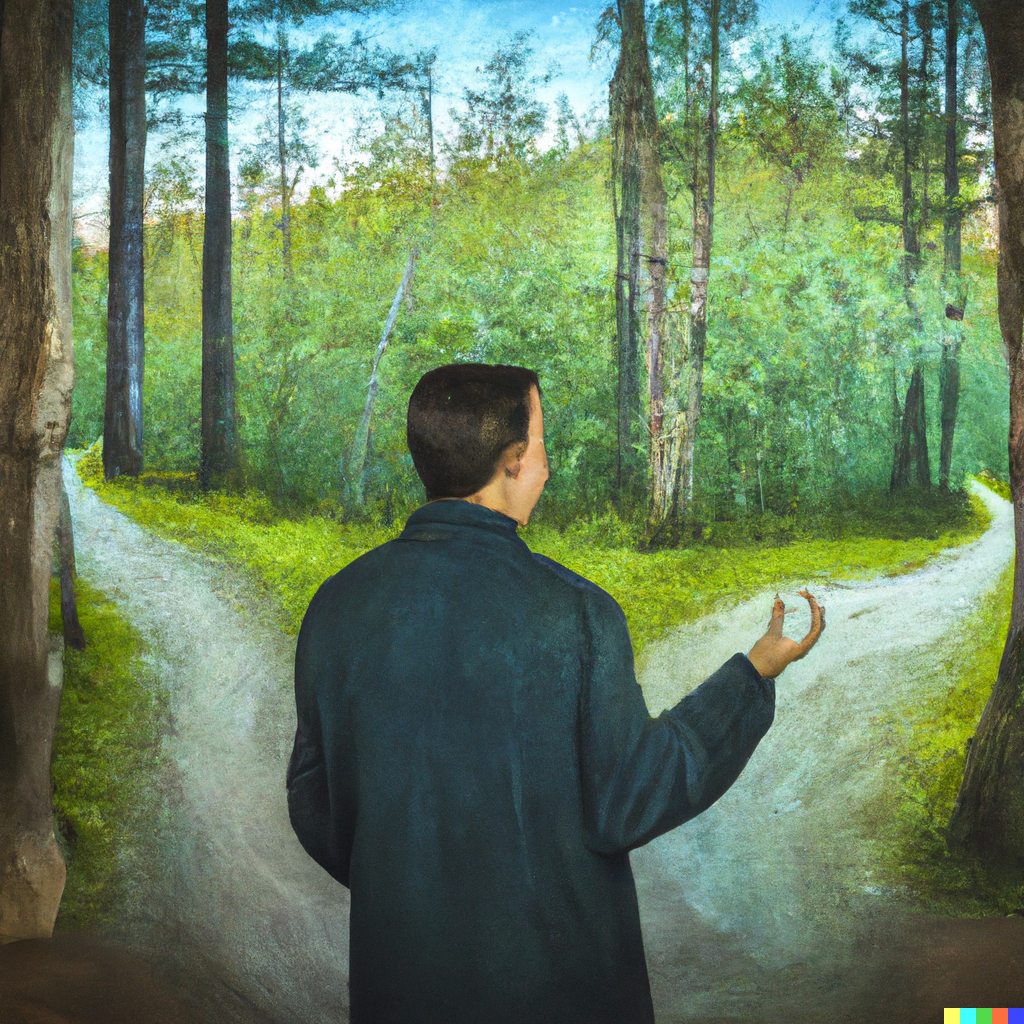Responsibility and Response-Ability
The most damaging part of indulgence for someone like myself is the consequent guilt and self criticism. Instead of looking at a junk food binge as a one-off act of silliness I've tended to focus on it, making it into a mountain when really it's just a pebble.
If you think a stepping over a pebble is a Herculean task, you're going to stop and stare at it. You're going to lift your fists up toward the heavens and curse the gods that saddled you, the tragic hero of this epic tale, with such a heavy burden.
Then you're going to wallow in your victimhood, sit down cross-legged on the cold and dirty trail and eat another 1,000kcal burger to comfort yourself. The burger tastes like a serpent's tail, but never mind. Ketchup makes everything better.
I'm not sure that looking at "junk food" in a bad way is the productive way forward. Many of us turn to foods we found emotionally comforting in our childhoods.
When we understand a pattern of behaviour we always run into a choice. We can choose to acknowledge the pattern and cede responsibility to it. We can say "I turn to un-nutitious food which doesn't taste that good because I used to be rewarded with McDonald's when I was a little boy". Or "I lose my temper because I was bullied as a child."
Or alternatively we can reclaim and retain responsibility for our choices. Yes, eating certain foods hits certain neural pathways in my brain, linking the sensation of eating specific foods with the sensation of having done good. I acknowledge this, while also acknowledging that I am responsible and response-able (the most important mantra to come out of Viktor Frankl's "Man's Search For Meaning").
I acknowledge that there are physiological consequences to this behaviour: bloating, poor sleep, lethargy, cholesterol, fat storage. There are second order effects: it's hard to produce anything of quality when you feel paralytic. And there are mental health effects which need to be processed to avoid spiralling (hence today's topic).
So given the recognition of the pattern as well as the consequences that result from that pattern, we have to choose whether to choose (realise response-ability) and make peace with our choice (take responsibility).
We sometimes act like a man walking backwards through a fork in the road. We cannot see where we're headed so we blame the roads for the path we take. How could we choose between the roads that were set already? We fixate on the choice we feel powerless over when in reality the choice is whether to turn around and see where we're headed or keeping walking with our back turned.
Is this just another way of indicting any and all consumption of junk food? No. Life is too complex, rich and nuanced for that. But at least it allows the tragic hero to take a breath and see the pebble for what it is and move on to the next.
